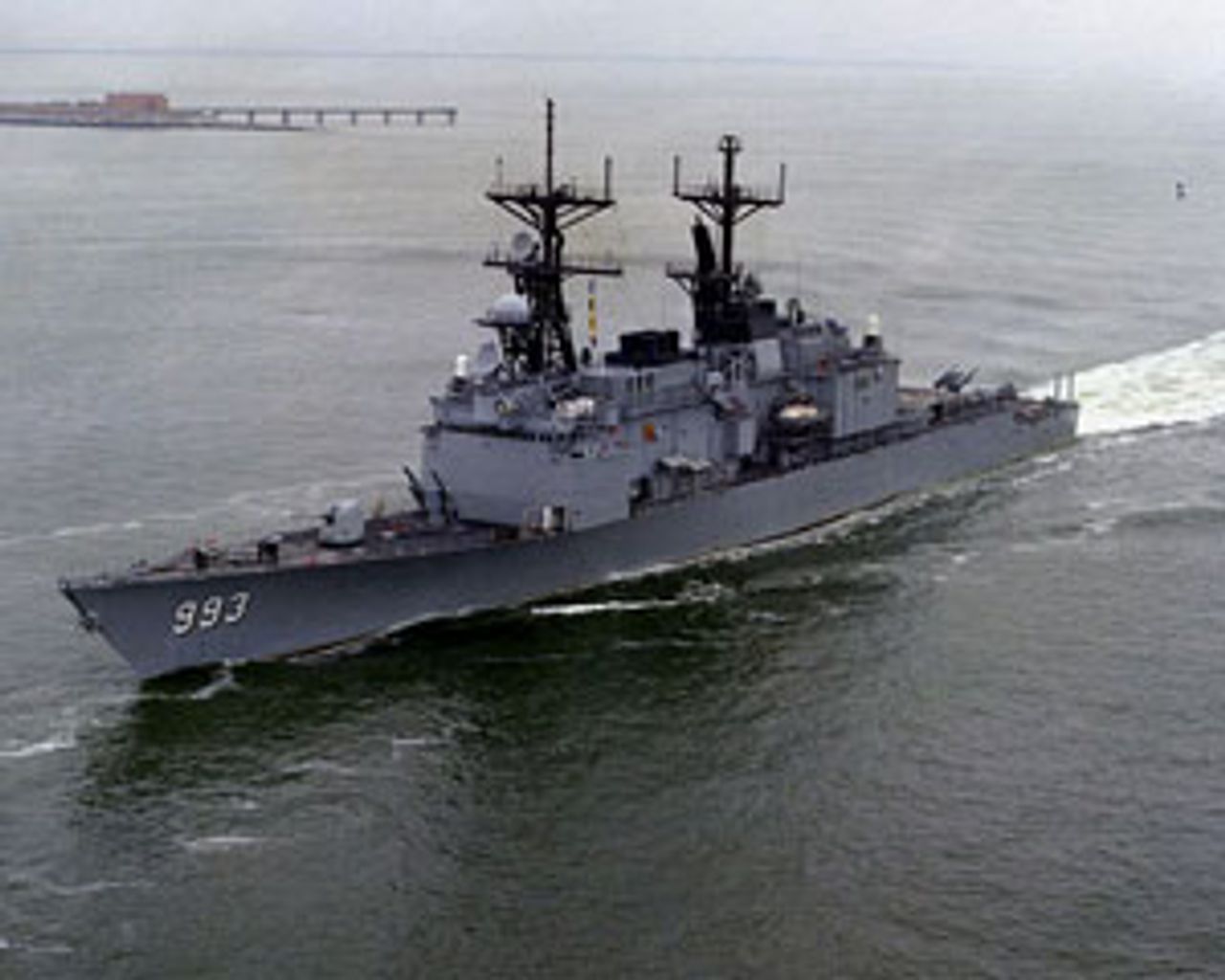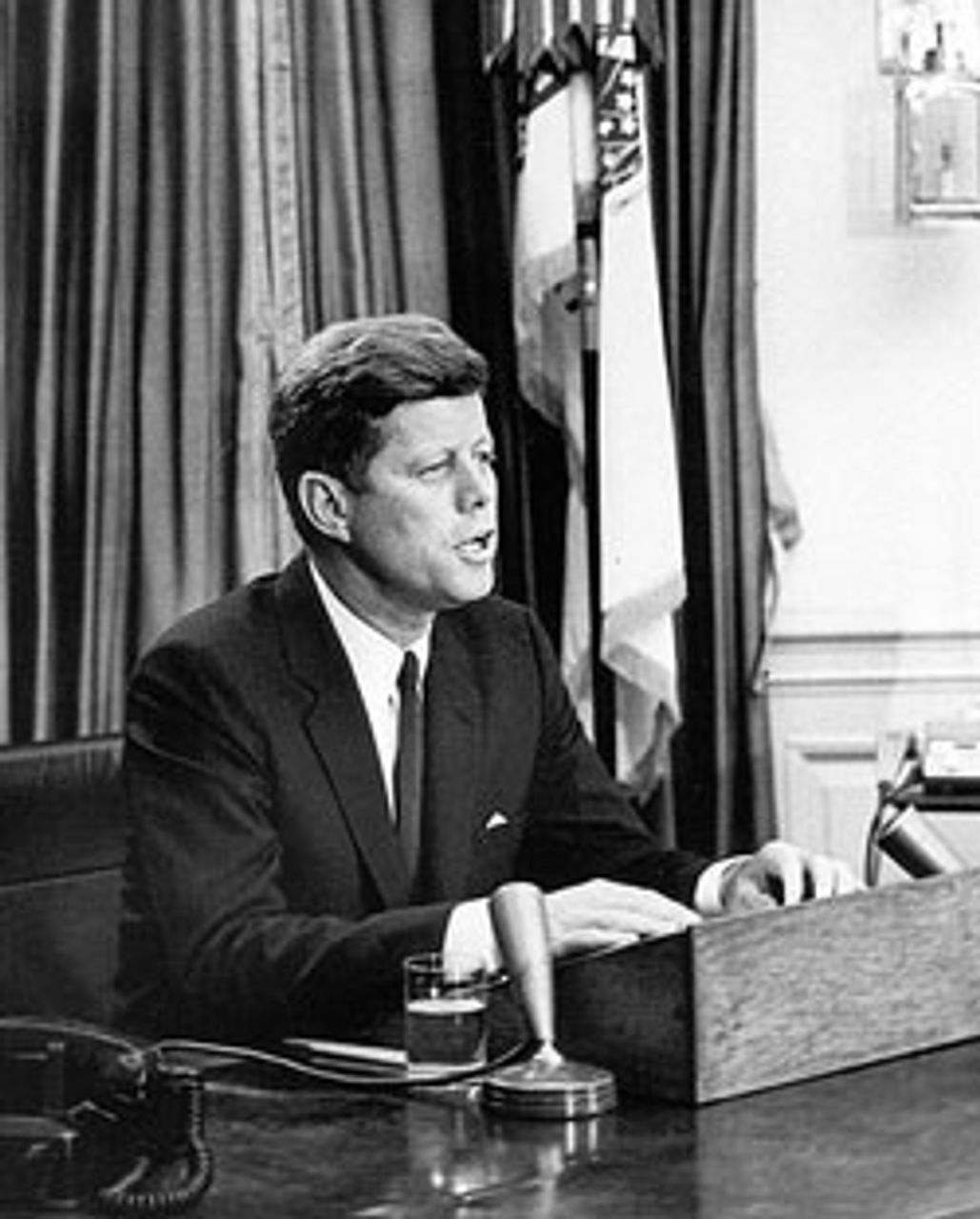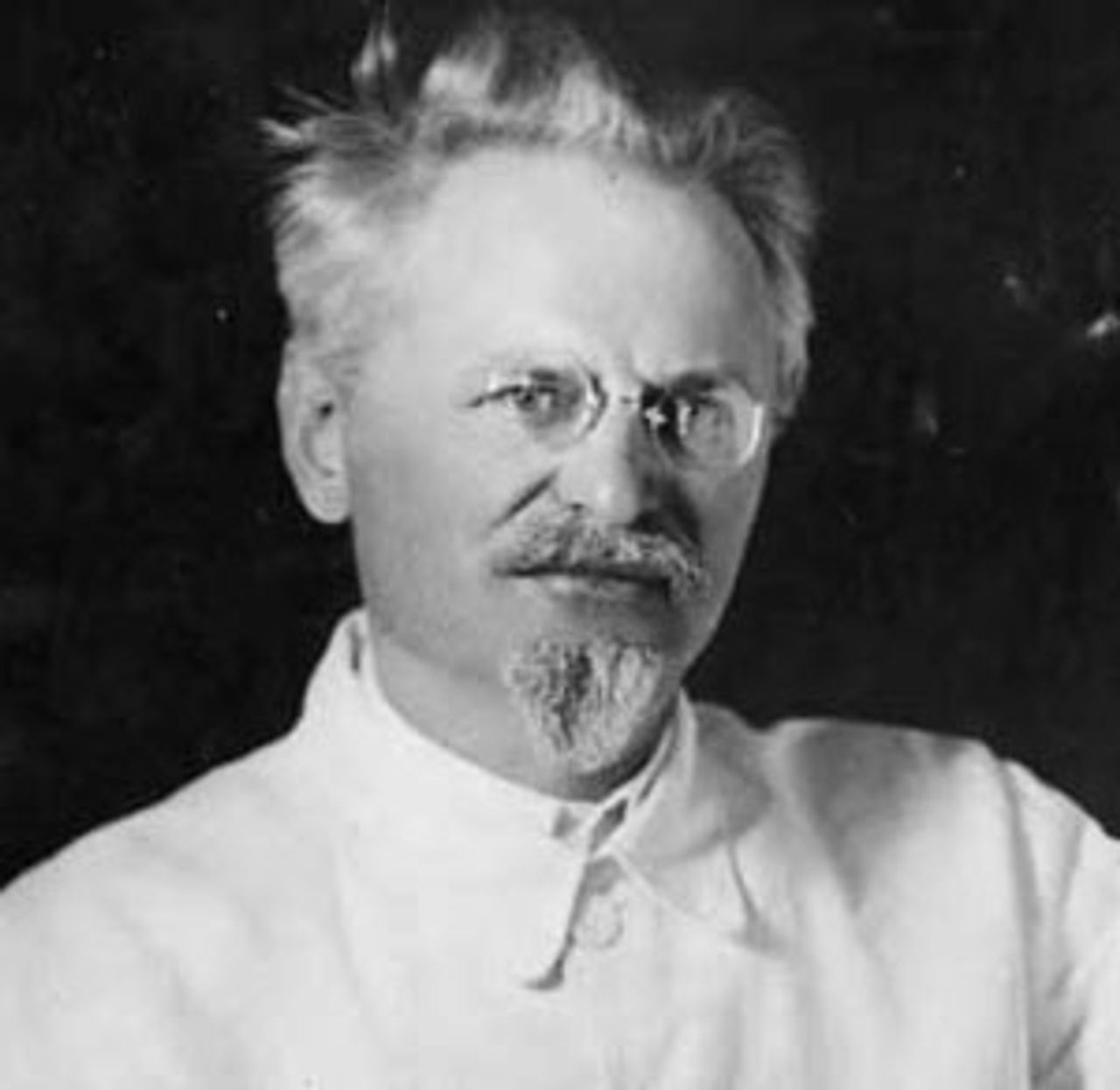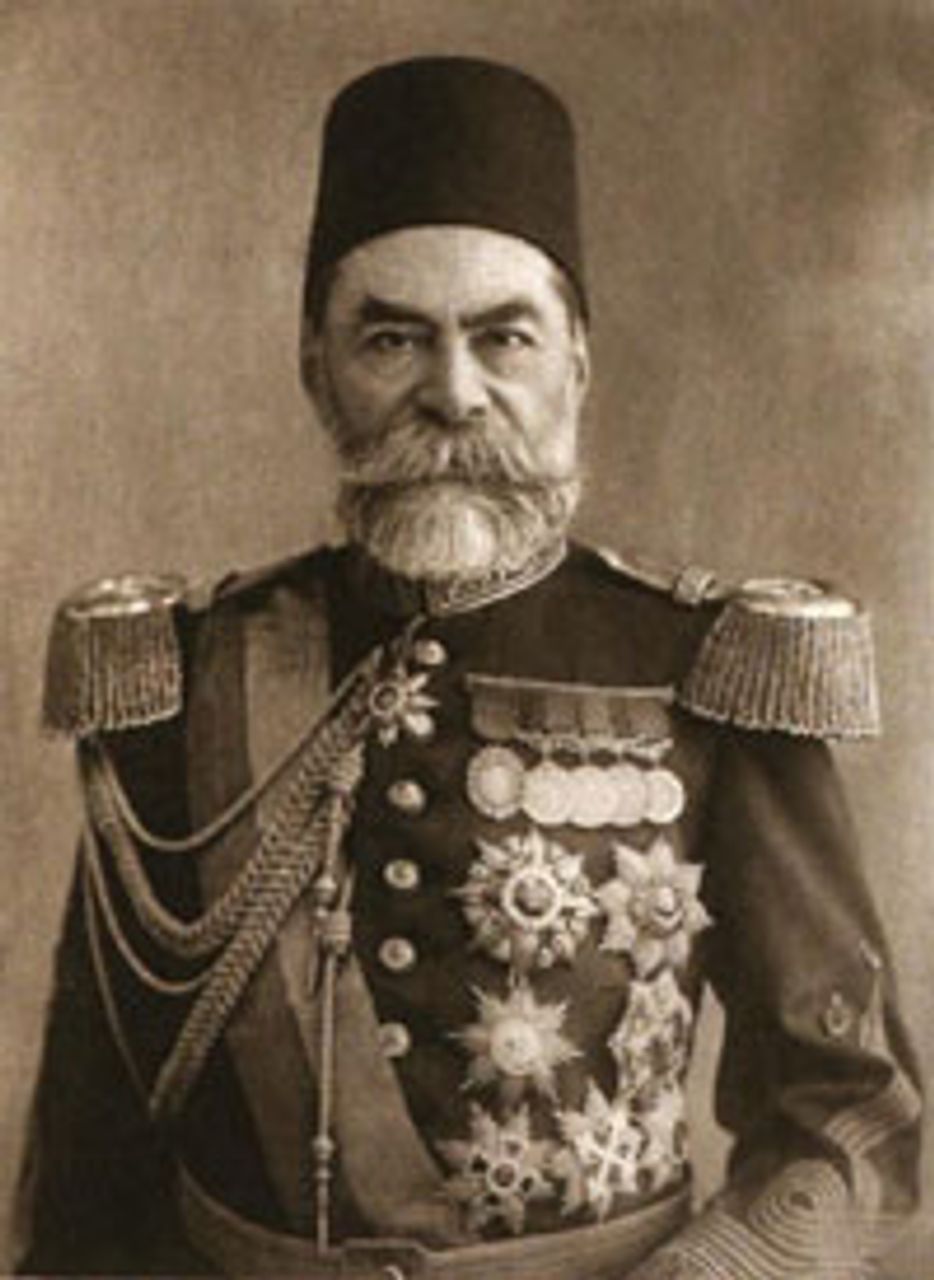This Week in History provides brief synopses of important historical events whose anniversaries fall this week.
25 Years Ago | 50 Years Ago | 75 Years Ago | 100 Years Ago
25 years ago: Reagan launches military provocation in Persian Gulf
 The destroyer USS Kidd
The destroyer USS KiddUnder the code name of “Operation Earnest Will,” the Reagan administration launched a provocation against Iran on July 22, 1987 when three US warships escorting two reflagged Kuwaiti oil tankers began their voyage through the Persian Gulf. The Iran-Iraq War had been raging for almost seven years and fears of an Iranian victory drove the pro-US monarchies of the Persian Gulf—Bahrain, Kuwait, Oman, Qatar, Saudi Arabia and the United Arab Emirates (UAE)—to back Iraq with aid and trade agreements.
The war had spread to the Persian Gulf in 1984 when Iraq initiated the so-called Tanker War, attacking Iranian oil tankers. Iran responded by attacking the ships of the GCC nations. The US reflagging and escort operation was designed to threaten the Khomeini regime in Iran and to demonstrate that Washington was prepared to protect Arab “moderates” and was determined to keep open the shipping lanes of the gulf through which one-sixth of the capitalist world’s oil passed.
Only weeks prior to the launching of the operation, 37 American sailors were killed when the guided missile frigate USS Stark was hit by two Exocet missiles fired by an Iraqi fighter jet, supposedly by accident. After that incident, officials in the Pentagon informed Congress that all US naval escorts were operating under “hair-trigger” rules. On July 9, the Democratic-controlled US House of Representatives passed the half-hearted Lowry Amendment calling for a 90-day delay in the escort operation. The measure noted that the escort scheme could “draw the United States into the Persian Gulf war.”
Ignoring this opposition, the Reagan administration proceeded with the reflagging of 11 Kuwaiti oil tankers. Two of the tankers, the 400,000 ton supertanker Bridgeton and the smaller tanker Gas Prince were escorted through the Strait of Hormuz by three US warships, the destroyer USS Kidd, guided missile frigate USS Crommelin and cruiser USS Fox.
The operation proceeded without the support of minesweepers, despite maritime warnings of mines in the gulf. While in the lead of the convoy, on July 24, midway through its journey, the Bridgeton hit a mine, breaching and flooding four of its 31 compartments. Had any of the smaller vessels hit the mine, they would have likely been sunk, but the Bridgeton continued on its voyage largely unimpeded.
50 years ago: US Senate votes down old-age medical care
 Kennedy
KennedyOn July 17, 1962, the US Senate narrowly voted down further consideration of President John F. Kennedy’s proposed old-age health insurance program that would have covered recipients of Social Security, the pension plan for retired workers first established during the Great Depression. Twenty-one Southern Democrats joined together with 31 Republican senators to defeat the proposal 52-48. A similar law would ultimately be implemented under Kennedy’s vice president and successor, Lyndon Johnson, and given the name Medicare.
The Kennedy bill would have brought modest health insurance guarantees to about 15 million elderly Americans, many of whom had no insurance. It covered most in-patient costs for hospital stays of up to 90 days, nursing home stays of up to 180 days immediately following release from a hospital, and limited clinical treatment, all to be financed by higher Social Security payroll taxes. Kennedy called the vote “a most serious defeat for every American family.” The American Medical Association (AMA), the professional association of US doctors, campaigned vigorously against the legislation, and was credited with swinging the votes of several key senators.
In 1962 elderly American workers were generally dependent upon Social Security and private pension income to fund their health care bills. As life expectancy continued to grow, many elderly either found themselves unable to pay for adequate medical care, or else compelled to seek assistance from working children.
75 years ago: Soviet authorities announce prosecution of radio station directors
 Leon Trotsky
Leon TrotskyOn July 18, 1937 the Stalinist authorities in Moscow announced they had initiated criminal proceedings against the directors of radio stations in the cities of Kiev and Kharkov, both in the Ukraine, in the latest bloody chapter of the murderous Stalinist purges. The official statement accused the stations of “broadcasting class enemies who have impudently raised their heads in the Ukrainian cultural centers in connection with the recent executions of Trotskyist and other traitors.” The announcement said steps would be taken to thoroughly purge the radio stations of all mutinous officials.
During the previous year, after the announcement of the executions of the old Bolsheviks Grigory Zinoviev and Lev Kamenev in the wake of the first Moscow Show Trial, the infamous “Trial of the Sixteen,” on falsified charges by the Stalinist bureaucracy, officials at the radio stations expressed their disapproval of the measures by altering the official broadcast schedule. Rather than playing the allotted discs they instead played funeral marches for the duration of the evening. Those responsible within the two radio stations were disciplined shortly after the incident.
Then after the execution of Georgy Piatakov at the end of January 1937 on fabricated charges of assisting Leon Trotsky, co-leader of the 1917 Russian Revolution, in acts of terrorism and industrial vandalism directed against the Soviet Union in collusion with the fascist and imperialist powers in order to restore capitalism in the Soviet Union, the radio stations again voiced their disapproval. After the official announcement of Piatakov’s execution, the stations switched from their designated play list to one comprising only solemn music, as a musical expression of their sympathy for the deceased. Severe punishments were once again handed down to those found responsible.
In June 1937, after the executions of Red Army Marshal Mikhail Tukhackevsky and Red Army commanders Lona Yakir and Leronim Uborevitch in the fabricated case of the “Trotskyist Anti-Soviet Military Organisation,” the two radio stations again voiced their disapproval by removing their broadcasts from the air.
100 years ago: Army revolt forces resignation of Ottoman cabinet
 Grand Vizier Ahmed Muhtar Pasha
Grand Vizier Ahmed Muhtar PashaOn July 17, 1912, the Ottoman Grand Vizier Mehmed Said Pasha and his cabinet resigned as a result of opposition from a group of young army officers calling themselves the “Saviors,” whom it was feared might launch a coup d’etat. The previous day, the Ottoman Empire’s Minister of War, Hurshid Pasha, had resigned in response to setbacks to the empire stemming from an ongoing revolt in Ottoman-controlled Albania.
Pasha’s cabinet had been dominated by the Committee of Union and Progress, the political party that led the “Young Turk” revolution against the Ottoman Sultan Abdul Hamid II in 1908. While the revolution had reflected popular hostility to the autocracy, it was largely centered in the military, and did not remove the sultanate, merely restoring the parliament that had been suspended in 1878. Lenin commented in 1908 that “The Young Turks are praised for their moderation and restraint, i.e., the Turkish revolution is being praised because it is weak, because it is not rousing the popular masses to really independent action, because it is hostile to the proletarian struggle beginning in the Ottoman Empire.”
The Young Turk government was beset by crises as a result of the disintegration of the Ottoman Empire. The Austro-Hungarian Empire annexed Bosnia and Herzegovina in October 1908, and Bulgaria seceded from the Ottomans. Yemen revolted against the Ottoman Empire, and Albanian nationalists in Bosnia and Kosovo carried out a protracted resistance. In 1911, Italy launched a military campaign aimed at annexing Ottoman territory in what is now Libya.
The situation prompted disaffection within the Young Turks, and two groups split from the CUP in late 1911 forming new political parties. In response to the growth of support for these movements, the CUP dissolved parliament in January, and rigged elections held in April. This prompted the revolt of the “Young Saviours”, who were led by Colonel Sadik. A new cabinet was formed with former war hero Ahmed Muhtar Pasha as Grand Vizier. The cabinet was largely free of CUP influence.
